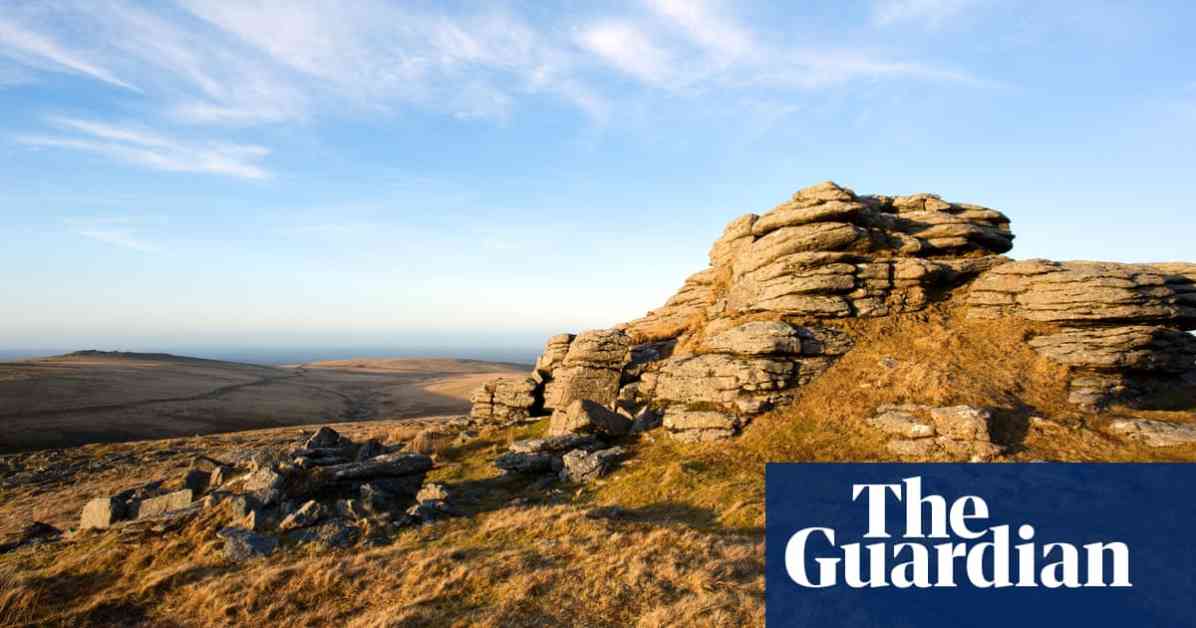England’s national parks are meant to be a haven for nature, providing a space for conservation, recreation, and education. However, a recent analysis by The Guardian has shed light on some concerning issues within the boards that oversee these important areas.
Lack of Diversity and Inclusion
One of the most glaring issues highlighted in the analysis is the lack of diversity within the boards of England’s national parks. The majority of board members are men, with women making up only 30% of the total members. Furthermore, there is a severe lack of representation from non-white minority ethnic groups, with only 1.7% of board members coming from these communities, despite 18% of the population belonging to minority ethnic groups in England.
The dominance of men and the underrepresentation of minority ethnic groups on the boards raise concerns about whether the decisions being made truly reflect the diverse needs and perspectives of the public. As Dr. Rose O’Neill, the chief executive of Campaign for National Parks, pointed out, the boards must represent the public they serve in order to effectively address the nature and climate crisis facing the parks.
Imbalance in Expertise
Another issue highlighted in the analysis is the imbalance in expertise among board members. The number of farmers on the boards exceeds the number of conservation or ecology experts, with some national parks even lacking any conservation experts on their boards. This imbalance raises questions about whether the boards have the necessary expertise to make informed decisions about conservation and environmental issues within the parks.
The boards play a crucial role in determining the strategic direction of the national parks and overseeing the use of a significant annual budget provided by the government. Therefore, it is essential that the boards have a diverse range of expertise to ensure that decisions are well-informed and in the best interest of the parks and the public.
Calls for Reform
Campaigners and experts have called for a major overhaul of how national parks are governed in order to address these issues. Dr. O’Neill emphasized the need for smaller boards with the expertise needed to support nature recovery in the parks. Guy Shrubsole, a nature campaigner and author, also called for board reform, stating that national parks are not just local parks for local people.
The lack of diversity and expertise on the boards has far-reaching implications for the future of England’s national parks. As Marlon Patrice, founder of We Go Outside Too, pointed out, representation is crucial in national parks to ensure that diverse perspectives are included in decision-making processes.
Government Response
Despite concerns raised by experts and campaigners, the government has been slow to address the issues within the boards of England’s national parks. A 2019 review highlighted the boards as being “bloated,” “poor,” and “deeply unrepresentative,” yet no action was taken by the Conservative government at the time.
Julian Glover, the author of the review, called on the new government to provide leadership and resources for protected landscapes to do more for nature and people. A spokesperson for the Department for Environment, Food and Rural Affairs (Defra) stated that they would consider improving how protected landscapes are governed to better contribute to conservation efforts.
Moving Forward
In order to address the oversight by predominantly white male boards in England’s national parks, it is clear that significant changes are needed. Greater diversity and inclusion on the boards, as well as a more balanced representation of expertise, are essential to ensure that the decisions made reflect the needs of the parks and the public they serve.
Reforming the governance structure of the national parks to include a more diverse range of voices and expertise is crucial for the recovery of nature within the parks and for addressing the climate crisis. It is imperative that the boards of England’s national parks are representative of the communities they serve and have the expertise needed to make informed decisions for the future of these important natural areas.












